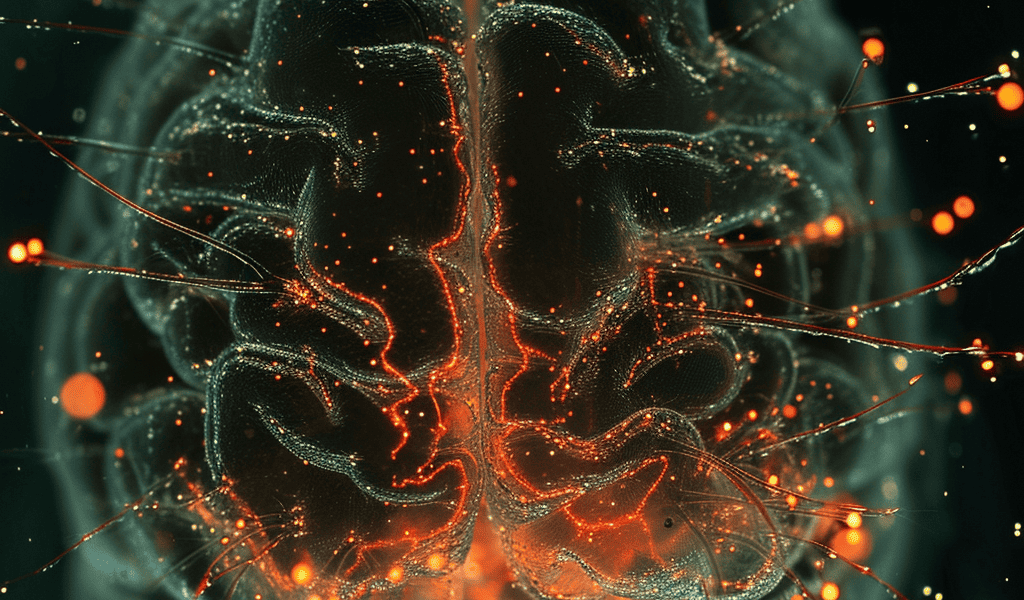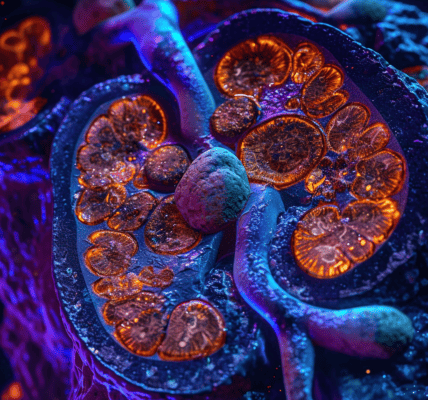Amnesia caused by head injury reversed in early mouse study
By Georgetown University Medical Center
A recent mouse study conducted by researchers at Georgetown University Medical Center in collaboration with Trinity College Dublin, Ireland, has provided promising insights into the potential reversal of memory loss caused by head injuries. The study, published in The Journal of Neuroscience on January 16, 2024, suggests that amnesia and poor memory following head injury may be attributed to inadequate reactivation of neurons involved in forming memories.
The findings of the study hold significant implications for diagnostic and treatment purposes, indicating that the memory loss associated with head injury may not be a permanent pathological event driven by a neurodegenerative disease. The researchers were able to reverse the amnesia in mice, potentially opening doors for the clinical reversal of cognitive impairment caused by head impacts in humans.
Mark Burns, Ph.D., the senior investigator of the study and a professor at Georgetown’s Department of Neuroscience, expressed optimism about the potential for designing treatments to restore the brain to its normal condition and recover cognitive function in individuals with memory impairment due to repeated head impacts.
In the study, two groups of mice were given a new memory through training in a previously unseen test. One group was subjected to a high frequency of mild head impacts for a week, similar to the exposure experienced in contact sports, while the other group served as controls. The impacted mice were unable to recall the new memory a week later, highlighting the impact of head injuries on memory retention.
According to Burns, the research aimed to understand the changes in the brain in response to low-level head impacts, such as those commonly experienced by young football players, as opposed to focusing on degenerative brain diseases like chronic traumatic encephalopathy (CTE) associated with repetitive head impacts.
This study offers hope for the development of targeted treatments to mitigate the cognitive effects of head injuries and potentially restore normal brain function in individuals affected by memory loss due to repeated head impacts.





